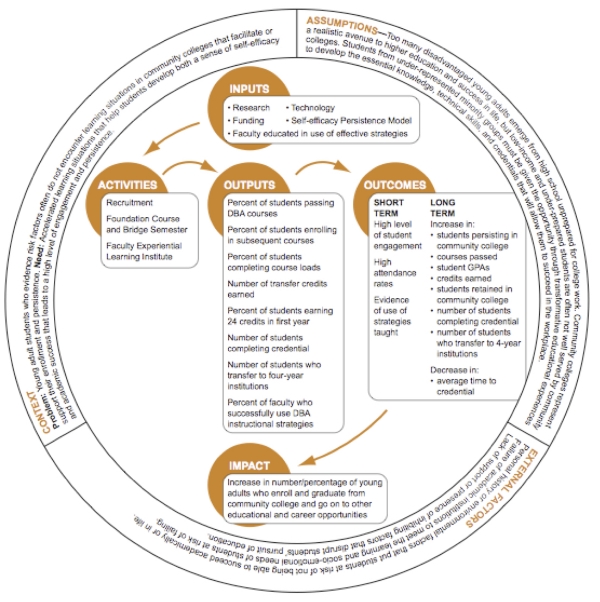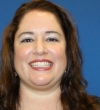The Academy for College Excellence sees community colleges as engines of progress and prosperity in communities. The effects of the Covid pandemic has sometimes impacted a college’s abilities to effectively serve their disproportionately impacted students. The levels of stress experienced by students, faculty and staff during this pandemic can be addressed by creating deep connections between students and the college, creating the gravity needed to overcome the centrifugal force in our student’s lives that push them away from college.
Since its founding in 2002 by Diego James Navarro, ACE has helped colleges amplify this gravity by offering webinars and classroom activity tools to transform the educational experience of disproportionately impacted community college students. In addition, ACE provides evidence-based professional development, on-line workshops and in-person institutes for instructors, staff and administrators.
We help colleges create a culture of dignity to address issues today’s students face in their search for a pathway to upward mobility. The following PBS documentary, article and sabbatical report discusses ways to address some of the issues and challenges faced by today’s students.
PBS Documentary Featuring the Academy for College Excellence



















